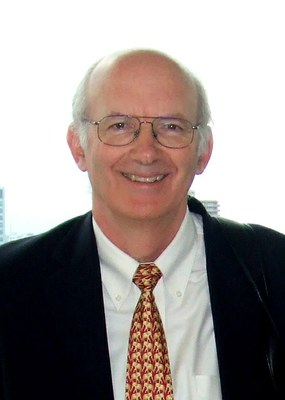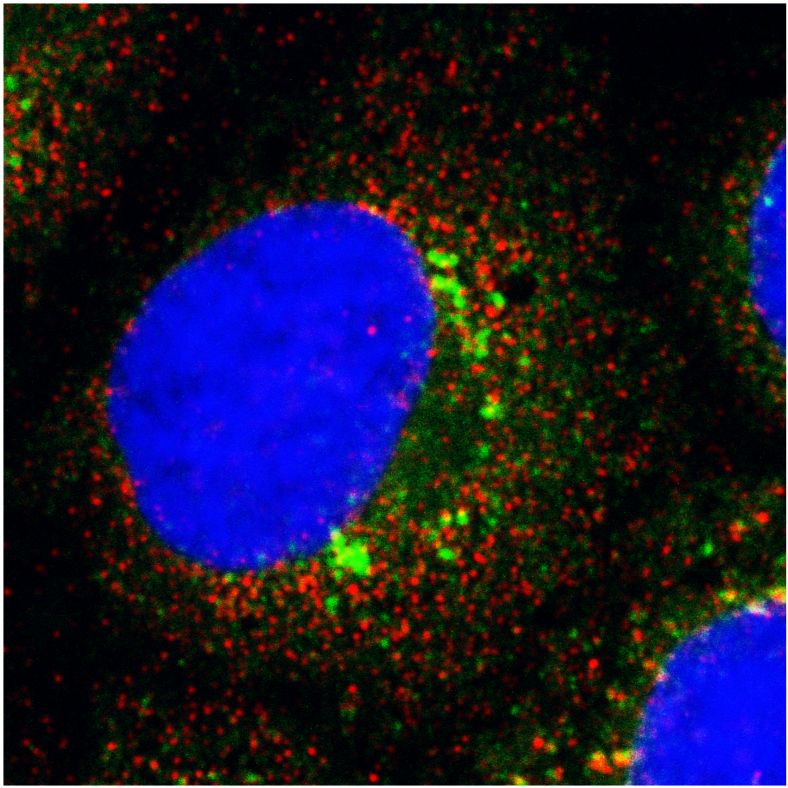Hepatitis C virus (HCV) lingers in the human body for years, slowly damaging the liver and leading to liver diseases such as hepatitis, cirrhosis and liver cancer, which is often fatal. Research conducted at the University of North Carolina at Chapel Hill has discovered a mechanism that facilitates the virus achieving this life-long persistence. Chronic HCV infection is the leading cause of liver cancer in the United States.


“Liver cancer is one of the most important causes of cancer mortality worldwide. Its incidence is also increasing rapidly in the United States, due largely to the spread of HCV among Americans in the 60s and 70s,” said Stanley M. Lemon, MD, Professor of Medicine at the UNC School of Medicine and a member of the UNC Lineberger Comprehensive Cancer Center.
In a paper published online by Nature Medicine this week, a team led by Dr. Lemon and colleague Daisuke Yamane, DVM, PhD, found that HCV has a sensor function that allows it to be regulated by the oxidative damage to cell membranes that occurs as a byproduct of its replicatio
n and the body’s response to it. This slows down virus growth when oxidative membrane damage becomes too high, but allows it to resume when the membrane damage is reduced. By auto-regulating its replication in this way, the virus maintains a low profile, helping it escape detection by the immune system.
“You might consider it like a thermostat,” said Dr. Lemon, “one that regulates the growth of the virus like your thermostat regulates the temperature of your house.”
The reason why HCV is able to achieve life-long persistence in most individuals who become infected has never been well explained. “What we have done in this paper is to show that the replication of a wide variety of hepatitis C virus strains is uniquely regulated by oxidative stress in the liver. This is an absolutely unique attribute of hepatitis virus that sets it apart from similar viruses,” said Dr. Lemon.
Oxidative stress occurs when tissue injury generates free radicals, normal biological byproducts that can cause cellular damage when present in excess amounts. This promotes to inflammation and progressive scarring within the liver, leading to further disease like cirrhosis and cancer. Lipid peroxidation occurs on membranes when there are excess free radicals, and that regulates the growth of hepatitis C virus. By reducing its replication, the virus is able to persist at low levels in the liver for years. This slows the damage to the host and helps the virus to escape the attention of the body’s immune system.
This autoregulatory circuit has made HCV very difficult to study in the laboratory. The virus does not grow well in cell cultures because of oxidative stress. Dr. Lemon’s team have identified mutants of the virus which have lost the ability to be regulated by lipid peroxidation, and these grow much more efficiently in the laboratory.
“That allows us to use those viruses to test anti-viral drugs and possibly also for vaccine development,” said Dr. Lemon.
The work was supported by grants from the National Institute for Allergy and Infectious Diseases, the National Cancer Institute, and the University Cancer Research Fund of UNC.
